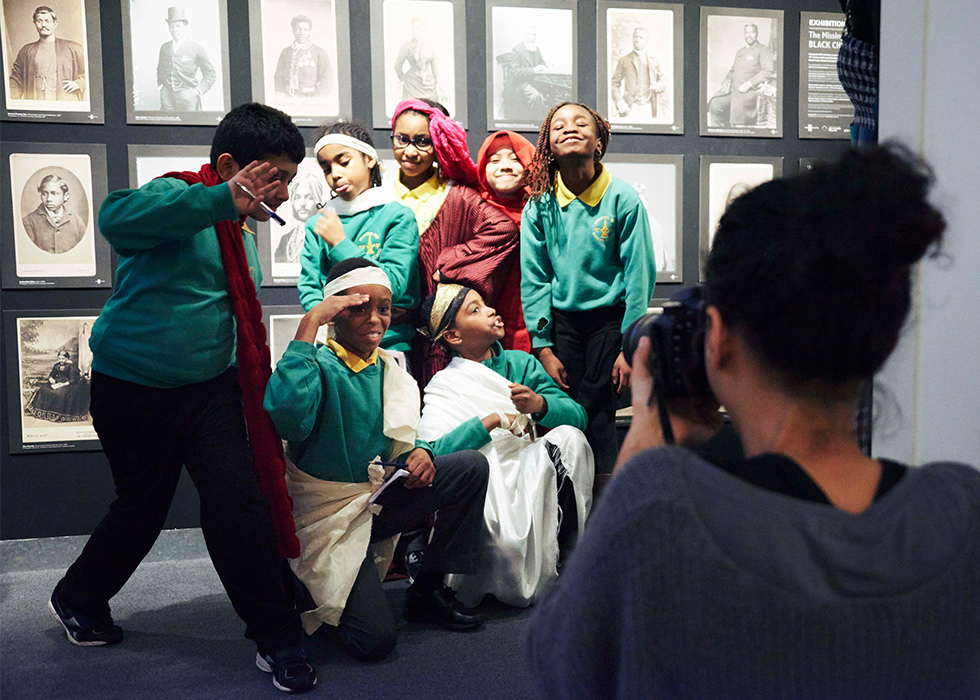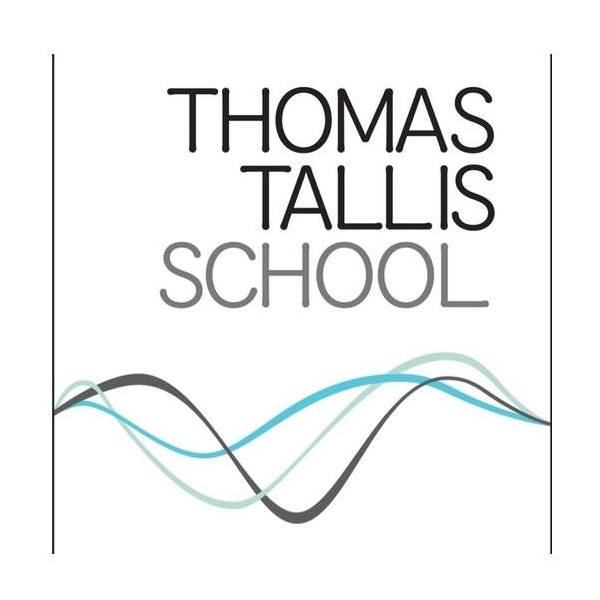Autograph is inviting applications for two fully funded six-month residencies over the period 2025 – 2027 from London based secondary school art and photography teachers from global majority backgrounds. Both residencies come with a professionally curated public presentation opportunity at conclusion.
The residency model is designed to work within the context of a school setting and offers time and space for the resident to develop a new body of work. It is tailored to artist-teachers who have a visual arts practice outside of teaching and are interested in how practice and teaching inform one another.
The Visible Practice Residency programme is in partnership with The Photographers’ Gallery and generously supported by Freelands Foundation.
In 2017 Department of Education research showed that students in UK schools were introduced to visual art by teachers of whom 94% identified as white. A more recent survey signalled that morale is low and there are clear threats to teacher retention in the subject area arising from years of undervaluing the arts in the curriculum. For students from global majority backgrounds, being able to see yourself represented in the workforce and finding people to identify with who are teaching and mentoring you, matters.
In response to this lack of representation in the creative teaching workforce, we conceived the Visible Practice Residency. Through this programme of artist-teacher residencies we hope to:
• Communicate the vitality and dynamism of what happens in the classroom
• Promote appreciation of the particular role artist-teachers play in delivering creative learning
• Develop positive perceptions of the viability and value of creative careers - in particular teaching art and photography - among global majority students
Central to the residency is that it enables an artist-teacher to develop and expand their teaching and art practice.
The project offers the artist-teacher:
• Budget for materials and resources
• Framework and support to create a new body of work
• Time to undertake research and development
• Opportunity to expand teaching style and collaborate in new ways with students examining how the role of artist and educator are integrated
• Opportunity to publicly profile art practice
The residency also positively impacts the teacher's school:
• Profile the activity within the school with wider teaching and cultural networks
• Offers the schools’ whole teaching community space to reflect, upon how other staff’s respective specialist knowledge influences their teaching practice and engagement approaches with students
• Budget allocated for materials and resources for school and students
• Students engage with artist-led workshops and field trips
• Residency model opens dialogue with other subject and departments
The residency package provides a fee for the artist-teacher, a budget for professional development, a budget for materials and resources and financial support to meet staff cover costs incurred by the school, to enable the artist-teacher to spend agreed amounts of time out of the classroom during the residency. Each residency has a total value of £20,000.
The Visible Practice Residency has helped my personal practice enormously. It has also helped with my teaching practice because it has made me want to make more as a teacher instead of describing what to do. The process has definitely brought me closer to my students as we are able to collaborate more, share ideas and give each other creative advice which I am taking on board in the development of my work.
Dianne Minnicucci, Head of Photography at Thomas Tallis School, artist-teacher in residence 2024-2025 aaaThe deadline to apply has now passed. Join our mailing list to find out about future opportunities.

Supporting artist-teachers within and beyond the school environment
Find out more


Images: 1, 2, 4) School Workshops. Courtesy Autograph, London. 3) Documentation of school workshop at Autograph, 2024 © Jannell Adufo
Autograph is a space to see things differently. Since 1988, we have championed photography that explores issues of race, identity, representation, human rights and social justice, sharing how photographs reflect lived experiences and shape our understanding of ourselves and others.